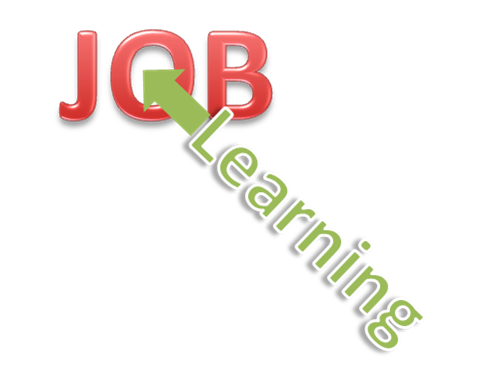Learning Research – Learning on the Job: Myth vs Science
Learning Research: By Wray Herbert, Via Association for Psychological Science, July 2, 2012
I am delighted to introduce Annie Murphy Paul, who today makes her debut appearance as a guest writer for the “We’re Only Human” blog. Annie Murphy Paul is one of the most highly regarded science writers working today, and one of our keenest interpreters of psychological science. Many of you already know her as a contributing writer at Time magazine, a weekly columnist at Time.com and MindShift, and as the author of two popular and well-received books: Origins, an exploration of the crucial nine months before birth, and The Cult of Personality, a cultural history and scientific critique of personality testing.
Her latest book, in the works, is on the science of learning. Her wide-ranging research for this book, called Brilliant: The New Science of Smart, positions her well to summarize and explain a new report on the science of training, in the most recent issue of Psychological Science in the Public Interest. Businesses and organizations invest millions of hours and dollars every year on efforts to make their workers better workers, but a surprisingly small portion of this investment is based on rigorous science. Yet the science is there for the taking, as she describes here:
There’s a lot of important information packed into “The Science of Training and Development in Organizations: What Matters in Practice,” a new report published in the journal Psychological Science in the Public Interest. But its most significant insight is delivered right up front: “Training is not as intuitive as it may seem,” Eduardo Salas, a psychological scientist at the University of Central Florida, and his coauthors declare. “There is a science of training that shows that there is a right way and a wrong way to design, deliver, and implement a training program.”
The exhaustive literature review that follows makes clear that there is, indeed, a science of training—one that has developed and matured over the past 30 years. But this science is too often ignored by vendors selling their own decidedly unscientific approaches to training, and by well-meaning employers and managers who assume that their intuition is a reliable guide in putting together a worker training program. Salas’s report is full of compelling examples of how intuitive assumptions can lead trainers astray—and how science can ensure that training is truly effective. Here, an assemblage of common misconceptions, corrected by the science of training:
It’s what happens during training that matters.
Tom McDonald’s Comments:
Always use, brain based, learning research proven, market proven learning methodologies:
+
https://mcdonaldsalesandmarketing.biz/25763/learning-research-3/
+
Tom
==================================================================
To Discuss how these Solutions will add value for you, your organization and/or your clients, Affinity/Resale Opportunities, and/or Collaborative Efforts, Please Contact:
Tom McDonald, tsm@centurytel.net; 608-788-5144; Skype: tsmw5752
